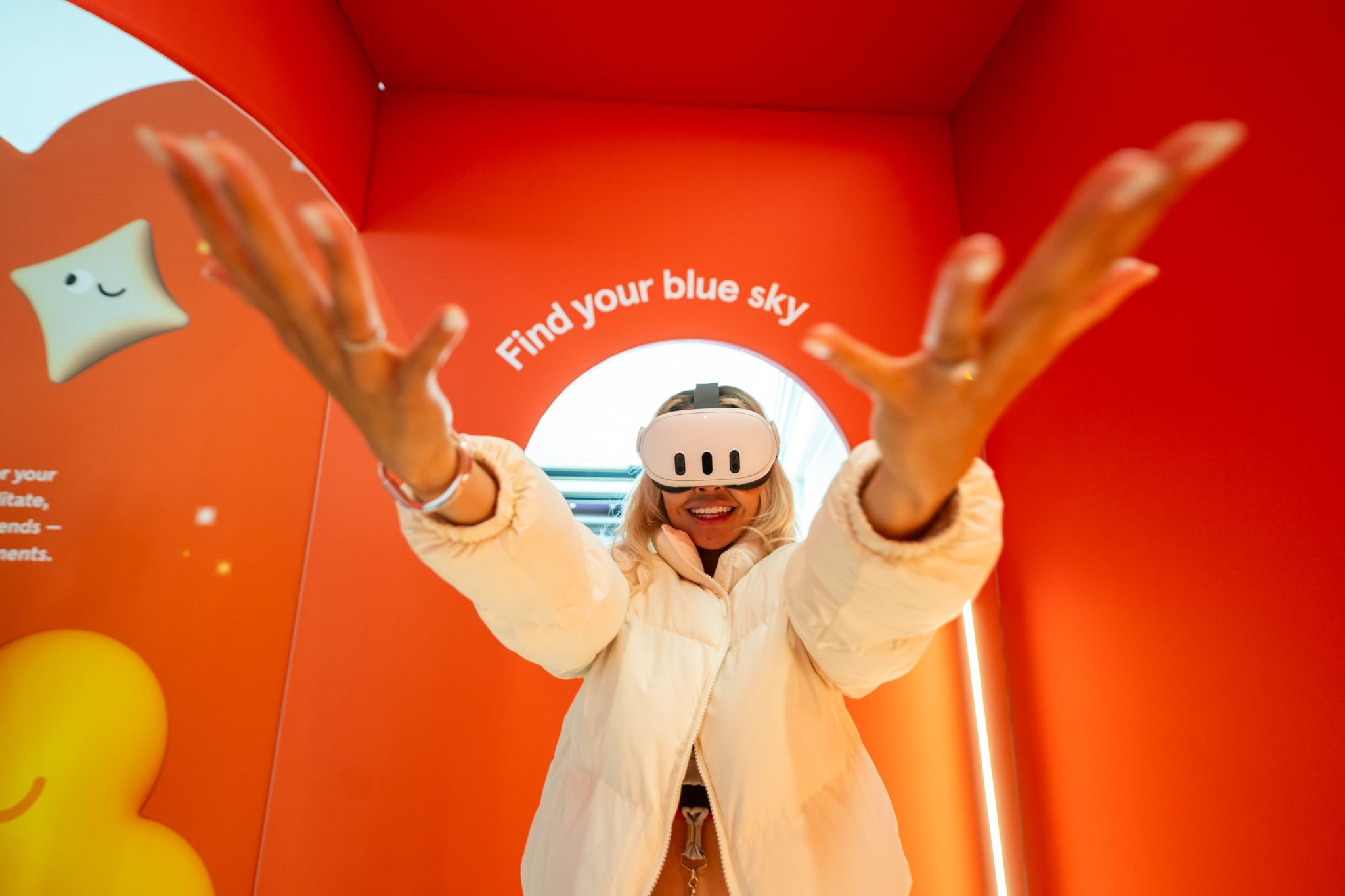Chamomile Diddell
Chamomile Diddell
Read More
Dexter Black
Dexter Black
Read More
Dexter Black
Dexter Black
Read More
Dexter Black
Dexter Black
Read More
Chamomile Diddell
Chamomile Diddell
Read More
Chamomile Diddell
Chamomile Diddell
Read More
Chamomile Diddell
Chamomile Diddell
Read More
Dexter Black
Dexter Black
Read More
Dexter Black
Dexter Black
Read More
Dexter Black
Dexter Black
Read More
Dexter Black
Dexter Black
Read More
Dexter Black
Dexter Black
Read More
Dexter Black
Dexter Black
Read More














